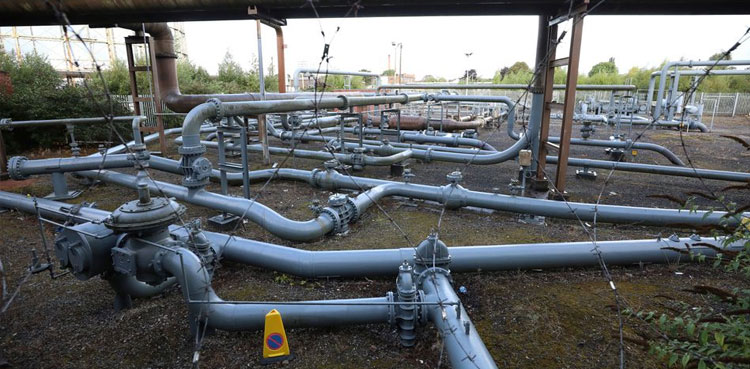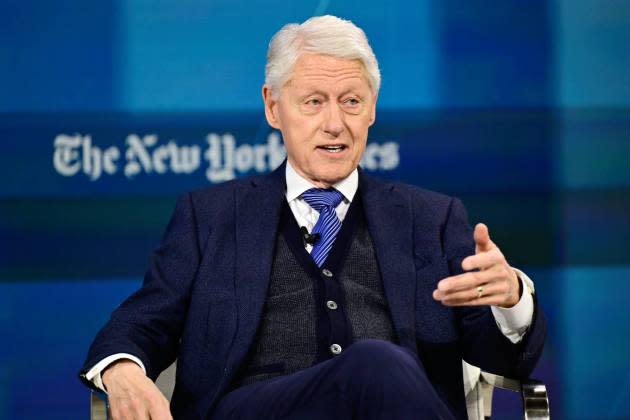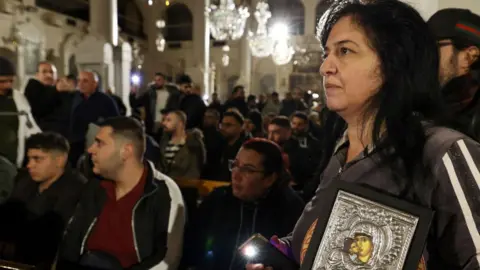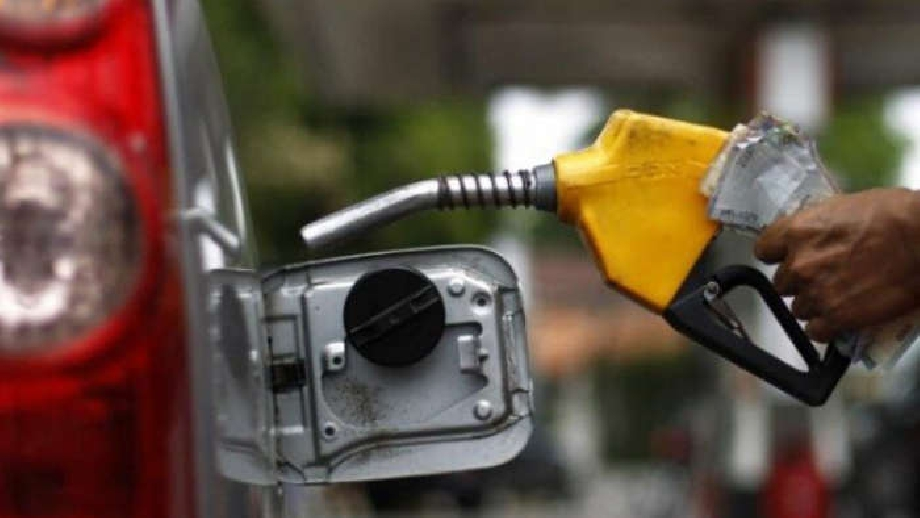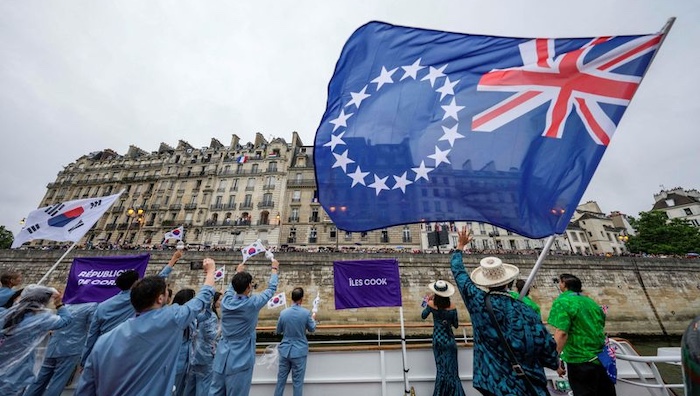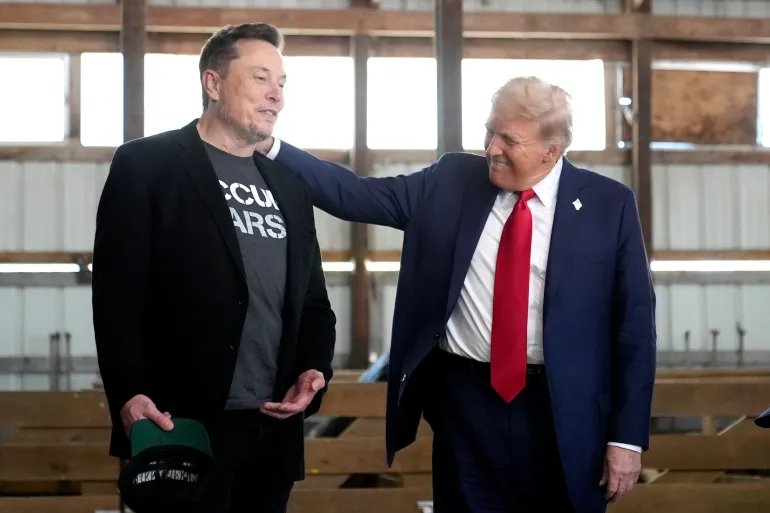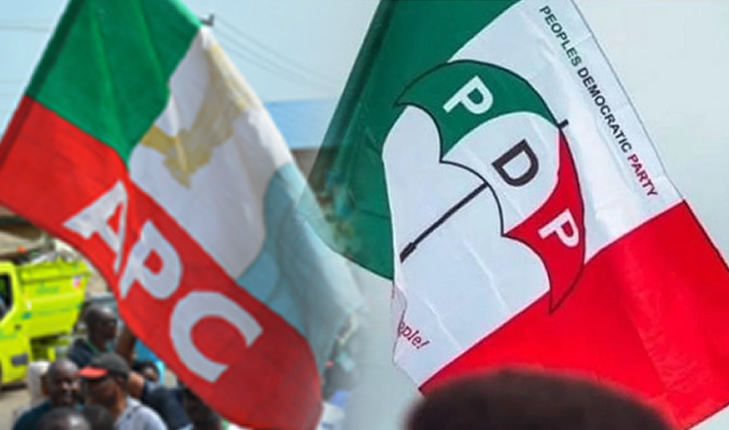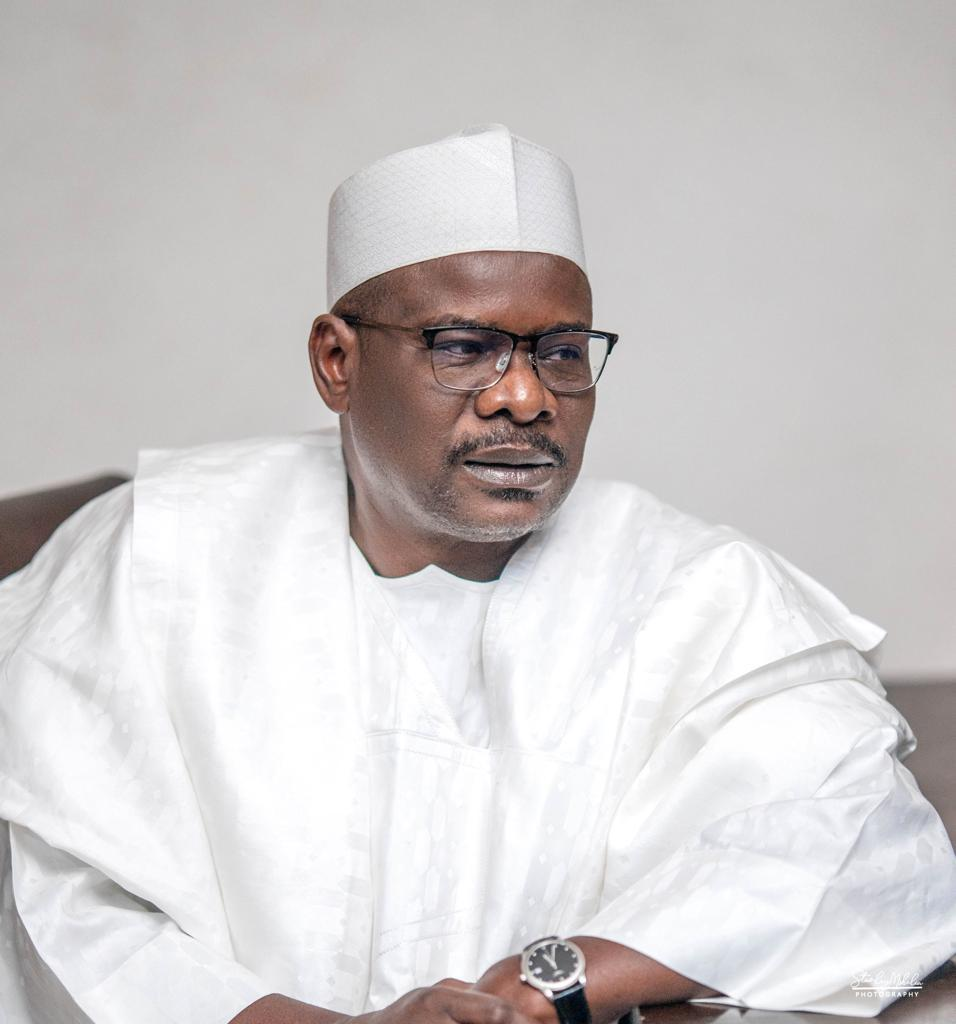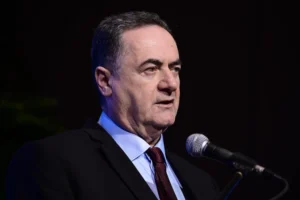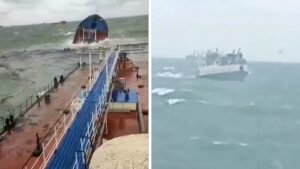Germany triggered the “alarm stage” of its emergency gas plan on Thursday in response to falling Russian supplies but stopped short of allowing utilities to pass on soaring energy costs to customers in Europe’s largest economy.
The measure is the latest escalation in a standoff between Europe and Moscow since the Russian invasion of Ukraine that has exposed the bloc’s dependence on Russian gas supplies and sparked a frantic search for alternative energy sources.
The decision, announced by the economy minister, marks a stark shift especially for Germany, which has cultivated strong energy ties with Moscow stretching back to the Cold War.
Lower gas flows sparked warnings this week that Germany could fall into recession if Russia supplies halted altogether. S&P Global’s flash Purchasing Managers’ Index (PMI) on Thursday showed the economy losing momentum in the second quarter.
“We must not fool ourselves: The cut in gas supplies is an economic attack on us by (Russian President Vladimir) Putin,” Economy Minister Robert Habeck said in a statement, adding Germans would have to reduce consumption.
“It is obviously Putin’s strategy to create insecurity, drive up prices and divide us as a society,” he added. “This is what we are fighting against.”
Gas rationing would hopefully be avoided but cannot be ruled out, Habeck said.
Russia has denied the gas supply reductions were premeditated, with state supplier Gazprom (GAZP.MM) blaming a delay in return of serviced equipment caused by Western sanctions.
Under its Phase 2 plan, Berlin will provide a credit line of 15 billion euros ($15.76 billion) to fill gas storage facilities. In addition, a gas auction model will be launched this summer to encourage industrial gas consumers to save gas.
The government activates the second “alarm stage” of a three-stage emergency plan when it sees a high risk of long-term supply shortages. It theoretically allows utilities to pass on high prices to industry and households and thereby help to lower demand.
A move to the next phase has been the subject of speculation since Gazprom cut flows via the Nord Stream 1 pipeline across the Baltic Sea to just 40% of capacity last week.
Facing dwindling gas flows from main supplier Russia, Germany has since late March been at Phase 1 of its emergency plan, which includes stricter monitoring of daily flows and a focus on filling gas storage facilities.
RISK OF FULL DISRUPTION
In the second stage, the market is still able to function without the need for state intervention that would kick in the final emergency stage.
“We have seen some serious cuts already,” a gas trader in Europe said. “The system is still coping, but there’s not much left,” he said.
The benchmark Dutch wholesale gas contract for July delivery rose as much as 4%, to 131.50 euros per Megawatt/hour (MWh) before settling at 128 euros/MWh by 0835 GMT, still up for the day.
Nord Stream 1 is due to undergo maintenance on July 11-21 when flows will stop.
Russia may cut off gas to Europe entirely to bolster its political leverage, the head of the International Energy Agency (IEA) said on Wednesday, adding Europe needed to prepare now.
Russian gas flows to Europe via Nord Stream 1 and through Ukraine were stable on Thursday, while reverse flows on the Yamal pipeline edged up, operator data showed.
Several European countries have outlined measures to withstand a supply squeeze and avert winter energy shortages and an inflation spike that could test the continent’s resolve to maintain sanctions on Russia.
The supply cuts have also driven German companies to contemplate painful production cuts and resorting to polluting forms of energy previously considered unthinkable as they adjust to the prospect of running out of Russian gas.
The European Union on Wednesday signalled it would temporarily turn to coal to plug energy shortfalls, while describing Moscow’s gas supply cuts as “rogue moves.”
The bloc’s climate policy chief Frans Timmermans said on Thursday that 10 of the EU’s 27 member countries have issued an “early warning” on gas supply – the first and least severe of three crisis levels identified in EU energy security regulations.
“The risk of full gas disruption is now more real than ever before,” he said.
Arisenews

